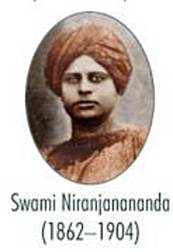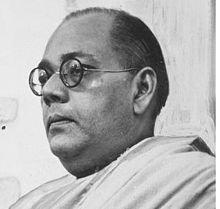Henry R. Zimmer was an Indologist and historian of South-Asian art. He was born in Greisfield, Germany. Zimmer began his career studying Sanskrit and linguistic at the University of Berlin, where he graduated in 1913. Between 1920-24 he lectured at Ernst-Moritz-Arudt University in Greisfield, thereafter moving to Heidelberg to fill the chair of Indian Philosophy.
To speak of Sri Ramakrishna’s teaching with regard to our present world-situation means, as the wicked jester-king in Hamlet puts it, ‘in equal scale weighing delight and dole’. It means putting the question, what can the spiritual forces of the enlightened and perfect, of the teacher who embodies the Divine, effect in the world-wide struggle and suffering caused by the demoniac forces of man’s nature ; or, in Hindu terms, what can pure Sattva achieve against Rajas, reckless lust for power, aggressive selfishness, triumphant tyranny, and against Tamas, beastiality and sloth of man’s animal nature ?…
The actual task of the individual of to-day, in so far as he can perceive this problem at all, could be, to become, in the Hindu style, a permanent inmate of both spheres, of this phenomenal world and the supra-phenomenal reality, and ‘render to Caesar the things that are Caesar’s and to God the things that are God’s’. …These two realities bar each other,—the phenomenal tangible, and the supra-phenomenal intangible ; they are as if two sides of the same and only coin. They preclude each other logically, but they are meant to be reconciled through life by each of us. That is Sri Ramakrishna’s message on the lines of India’s perennial wisdom.



